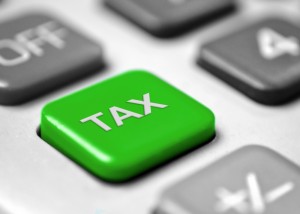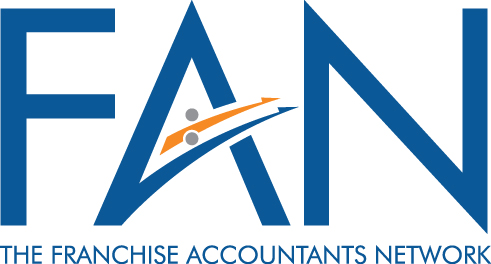Year end tax deductions for franchises
/ With the financial year nearly over it's time to make sure you’ve made the most of your tax deductions.
In this article, Peter Knight, founder of the Franchise Accountants Network, highlights 7 year end tax deductions for franchises.
With the financial year nearly over it's time to make sure you’ve made the most of your tax deductions.
In this article, Peter Knight, founder of the Franchise Accountants Network, highlights 7 year end tax deductions for franchises.
Peter also has a reminder about the importance of financial record keeping. If your records could benefit from better housekeeping, this is a good time of year to turn over a new leaf!
- Royalties. The royalties you pay are tax deductible, so make sure you’re fully paid up and up to date. Your franchisor will love you and you get the benefit of the tax deduction..!
- Marketing fund contribution. Your contribution to the franchise marketing fund is also tax deductible so make sure this if fully paid up to date as well.
- Local Area Marketing. The money you spend on advertising and marketing is not only vital to building your business but it’s tax deductible as well. So, if you’re planning on some local area marketing in the next few months, pay for it now and get the tax deduction.
- Employee Superannuation. You’ll already know you’re required to make superannuation contributions for your employees but to get the tax deduction this year you need to make sure the payment is received by their fund by the 30th June. Don’t get caught out, make sure it’s in their fund before the deadline.
- Owner's Superannuation Contributions. Make the most of the tax benefits available for superannuation by contributing up to your limit. The general cap on contributions is $30,000, unless you’re 50 or over, in which case it’s $35,000 for this financial year. (Note, this is a temporary measure and will phase out over time)
- Invest in new assets. As a result of the 2015 budget changes, all small businesses will get an immediate tax deduction for every asset they buy costing less than $20,000. This $20,000 limit applies to each individual item. Small businesses can apply this $20,000 rule to as many individual items as they like.
- Suppliers invoices. If your business reports on the ‘cash basis’, you can only claim a tax deduction for what you actually spend. If you receive an invoice from a supplier, but don’t pay it, then it’s not tax deductible. To maximise your tax deductions, pay your supplier invoices before the 30th June.
So there you have it, 7 tax deductions for franchises.
A word of advice though ...To make the most of your tax situation, please contact your nearest Franchise Accountant to obtain relevant advice for your specific situation. Please also note that the information contained in this article is provided for general information only should not be considered as specific advice as each person’s situation is different.
One final point. Make sure you keep all your receipts! In order to substantiate your tax deductions, you must be able to show evidence of the expenditure. This means receipts of the actual purchase. Your credit card statements will only suffice as evidence in very limited circumstances.
The start of the new financial year is a good time to start new habits for record keeping. For instance, keep all your receipts and records in a large envelope, or box, and make the most of your accounting software and services like Shoeboxed. This good business practice will save you hours in time if ever you are called on to find the receipts.


